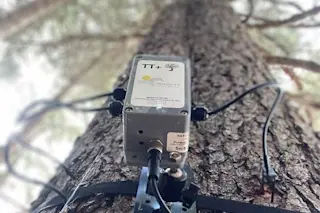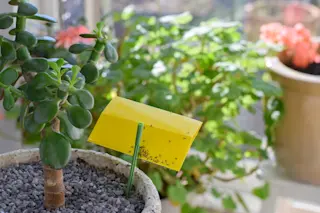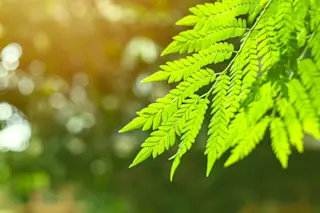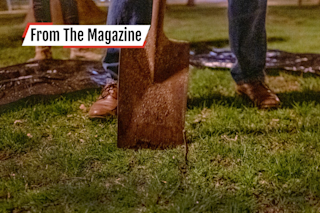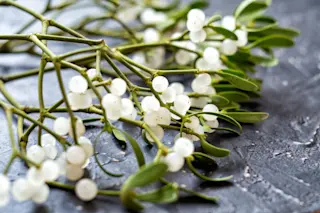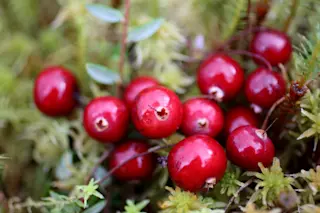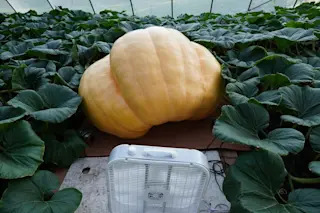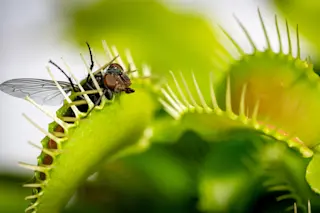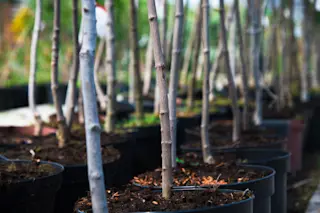A new studyon plant reproduction finds that developing cells are very affected by altered states of gravity---a finding that has implications for our hopes for a future human society in space.
In order for plants to have sex, a pollen grain first lands on a stigma (the female part of a flowering plant.) Following a chemical come-hither signal from the stigma, the pollen grain grows a pollen tube, a tunnel for sperm cells to travel down to reach the egg for fertilization. Pollen tubes are the fastest growing cells in the plant kingdom. The pollen tube was used as a model system for a recent study on the effects of altered gravity on plant reproduction because a response in the pollen tube takes a matter of mere seconds.
Plants have the ability to sense gravity. There are specialized parts of some cells called statoliths, which occur, for instance, in plant ...


